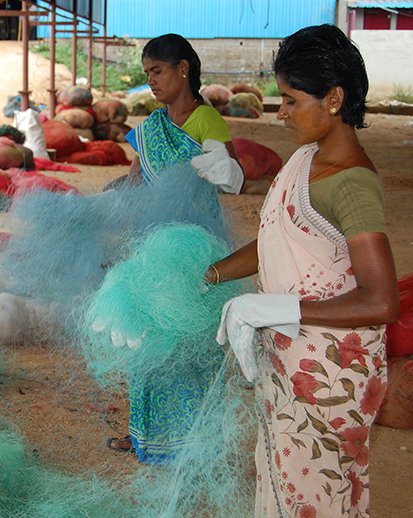Safety
The safety, health and well-being of our employees has always been our top priority. The COVID-19 pandemic has further underlined the importance to address and focus on safety, health and well-being together. We adapted our ways of working to the constraints of the pandemic by supporting remote and hybrid working and continued to provide safe and healthy working environments in our laboratories and plants.
We actively monitor occupational and process safety — the safety of our people and operations. We also support the health and well-being of our employees through regional and global programs.
|
|
Aspiration |
|
2021 |
|
2020 |
||||
|---|---|---|---|---|---|---|---|---|---|---|
|
|
|
|
|
|
|
||||
Occupational safety1 |
|
|
|
|
|
|
||||
Frequency Index REC |
|
< 0.24 in 2021 |
|
0.22 |
|
0.24 |
||||
Frequency Index LWC |
|
|
|
0.12 |
|
0.09 |
||||
|
|
|
|
|
|
|
||||
Process safety |
|
|
|
|
|
|
||||
PSI Rate |
|
< 0.15 in 2021 |
|
0.23 |
|
0.20 |
||||
|
|
|
|
|
|
|
||||
Occupational health cases |
|
|
|
23 |
|
19 |
||||
|
||||||||||
Occupational safety
Occupational safety is the safety of our employees and contractors. In 2021, we continued our improvement programs for sites and injury categories with the highest incident frequency. This has resulted in a further improvement of our incident rate in 2021, exceeding our ambition. Our recently acquired sites contributed negatively to our incident rate, both frequency as severity wise. Dedicated integration programs are running to improve the safety standards and culture on this category of sites.
Building on our strong safety foundation, as part of our DSM Responsible Care Plan update in 2021, we strengthened our target level to <0.20 by no later than 2027. This target level is the next step in our ambition to make our company fully incident- and injury-free, and will require us to consistently meet and exceed our current safety performance.
Frequency Index of Recordable Injuries
12 month moving average
Focus on our key initiatives driving success
We decreased with more than 60% the number of recordable incidents at the 12 sites that had the highest number of recordable incidents in DSM in 2020. In addition, our global programs, including the ‘I Care, We Care’ campaign, the drive for visible leadership, continuous attention for our top incident categories being hand & eye safety, and the ‘improved learning from incidents’ initiative played a fundamental role in our safety improvement journey.
We strongly focused on enhancing our people’s capabilities and their leadership skills. In particular, we revamped a large part of our competence training program to support enhanced virtual training, and we ran multiple leadership and cultural development programs at sites around the world.
Contractor safety
For our contractors, the Frequency Index of all Recordable Injuries improved to 0.41 in 2021 (versus 0.47 in 2020). Better supervision and increased attention to contractor selection, qualification, and training, which led to significant improvements in some parts of the organization, will be rolled out further in 2022.
Focusing on SHE with passion and care
In our aspiration to become fully incident- and injury-free, we will continue to develop an engaged and disciplined SHE culture by means of focused improvement programs locally as well as globally. We will strengthen the support to our sites through more effective collaboration in the regions. In addition, we will give specific focus to ensuring best-in-class integration of newly acquired sites.
Process safety
Process safety refers to the safe operational design of our facilities. In 2021, our Process Safety Rate increased from 0.20 to 0.23, above our target level of 0.15. The increased rate can be mainly attributed to the divestment of Resins & Functional Materials and associated businesses, and the inclusion of new acquisitions. While we are disappointed with the performance, we see that awareness of how to prevent small spills throughout the organization has increased.
Frequency Index of Process Safety Incidents
In 2021, we carried out diligent follow-up of process safety incidents to ensure that we captured the lessons learned to avoid reoccurrences. Furthermore, we undertook process safety index reduction programs focusing on flange and hose management, overfill protection, manual valve operation, and safe ‘big bag’ and ‘intermediate bulk container’ (IBC) handling. Together with our Life Saving Rules, these programs significantly contributed to preventing the most potentially serious incidents.





